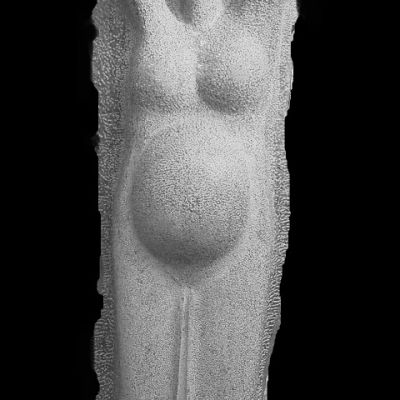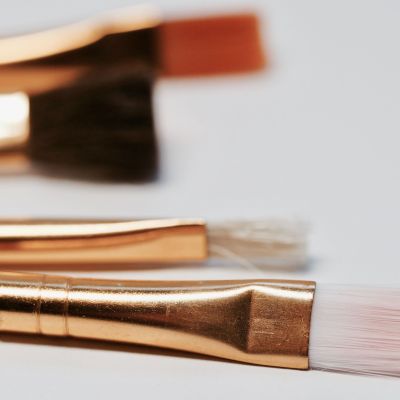beauty standards
But a few days before her historic Oscar win (for the first movie she’s ever been in!) Lupita accepted an award for Best Breakthrough Performance at the seventh annual Black Women in Hollywood Luncheon hosted by Essence magazine. It was there she delivered a speech on beauty that every little girl should hear.
Attire and sexuality in the common imagination and approach as represented (and also as received) by the mainstream media tell us a lot about prevailing attitudes to both. Advertisements bombard us with all kinds of representations, negative and positive, of human sexuality, sexual expression and desire. In the creation and marketing of attire and fashion, there is a great awareness of sexual buy-in or rejection by the market – that’s us.
Do you love your eyes and hate your knees? Or do you sometimes wish your XXX were different? Replace XXX with any body part of your choice. We have all been there – griping, never satisfied, and never owning our own beauty. How do we perceive and evaluate our own bodies? What do we love? What do we loathe? And why?
The nature of the labor that goes into performing femininity is that it’s invisible. Or at least it’s supposed to be. As a culture, we expect women to look glossy and shimmery and smooth. We don’t want to know about the time and money that goes into this presentation.
Waxing my body for the first time last year to have silky skin like the women on Veet’s box but ended up with rashes instead.
Dr. Lindsey Doe debunks myths around disability and sexuality, at once carving out space for affirming and inclusive discussions and challenging negative and harmful stereotypes. Emphasising the sexuality of people with disabilities as rich and diverse, Lindsey wonders what inclusive sexual and reproductive health and rights really mean.
What vindicates the argument that women with disabilities (WWDs) should be deprived of sexual and reproductive healthcare and rights is scary. Harmful stereotypes of WWDs include the belief that they are hypersexual, incapable, irrational and lacking control. These narratives are then often used to build other perceptions such as that WWDs are inherently vulnerable and should be ‘protected from sexual attack’.







